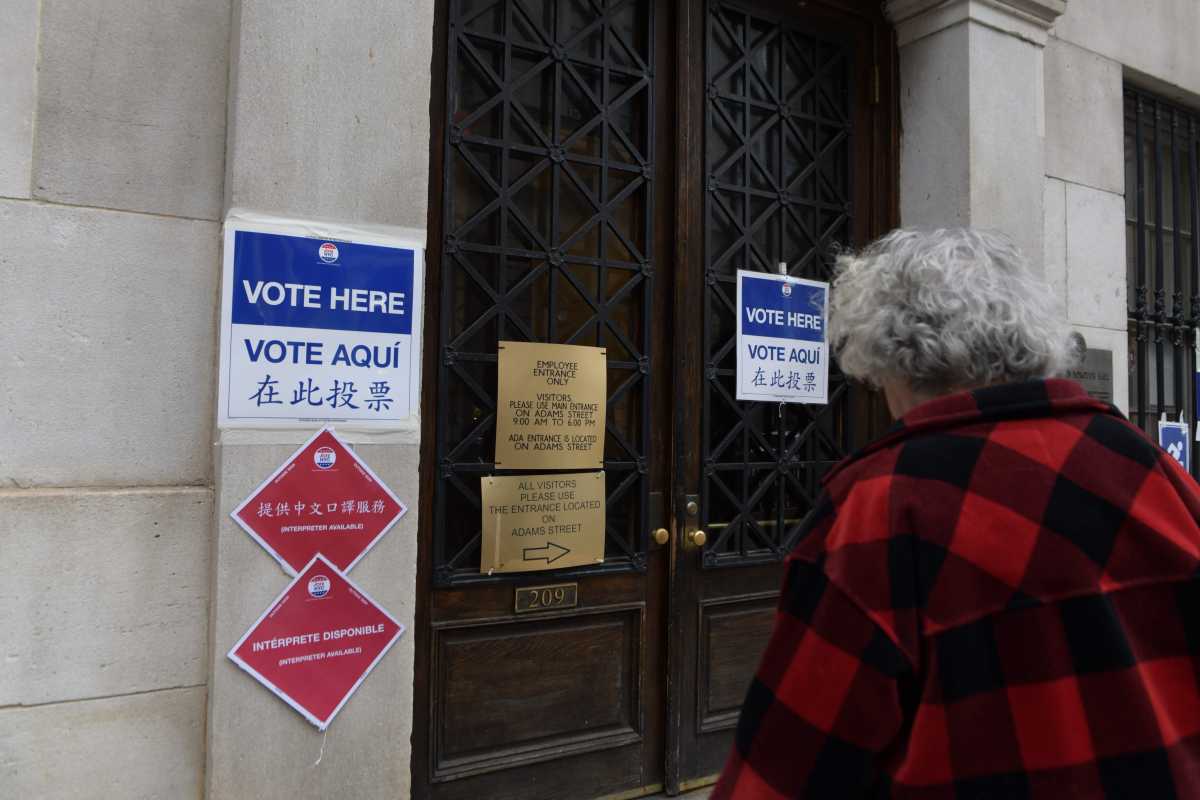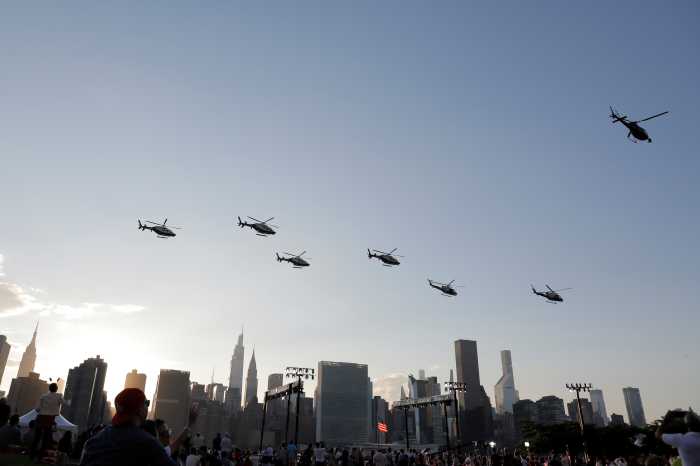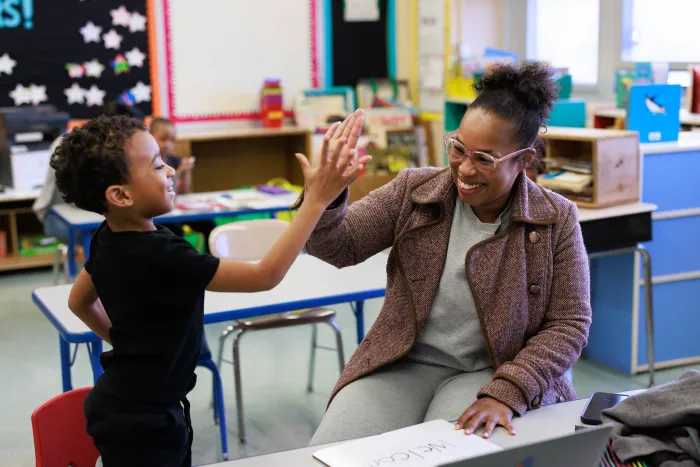They held an election Tuesday — and few New Yorkers cared.
The preliminary numbers of the Nov. 5 general citywide election demonstrated that turnout was abysmally low once again — even after the city introduced nine days of early voting.
Though the races were lacking in hot races, the Board of Elections released data from the close of polls last night that showed only 13.7% of all registered voters in the city made a choice in the public advocate race, which was at the top of every ballot a voter received.
Jumaane Williams, who won a special election for the seat in February in a field of 17 candidates, easily defeated Staten Island Councilman Joe Borelli, garnering more than 70% of the vote.
But just 723,462 New Yorkers cast a vote in Tuesday’s public advocate race. New York has 5,270,384 registered voters, according to the state Board of Elections.
Recently implemented by the state, early voting took place in 61 locations within city limits, including 33 schools, and may have been a different location for the majority residents than their usual polling spot.
But the issues behind the this first swing at early voting did not escape many, including Mayor Bill de Blasio who said in may that there are some council districts without polling sites and that there should be 100 locations.
De Blasio added that he hoped there would be a substantial expansion in the program ahead of the 2020 presidential election.
Perhaps the biggest draw to the polls apart from the public advocate race was a ballot question about whether or not the state should switch to rank-choice voting. This would allow voters to choose a second-best candidate which would transform the way crowded fields would be decided upon.
About 73% of the 644,477 voters who marked the backside of the ballot were in favor of ranked choice voting which should go into effect by 2021.
Over 74% of 636,448 New Yorker voted in favor of the city’s Civilian Complaint Review Board having a baseline amount of funding in accordance to the number of police officers employed and that the public advocate would appoint at least one member of the body.
Correction note: an earlier version of this story stated that there were a total of 33 early voting sites in the city. There were 61 , including 33 schools.



































